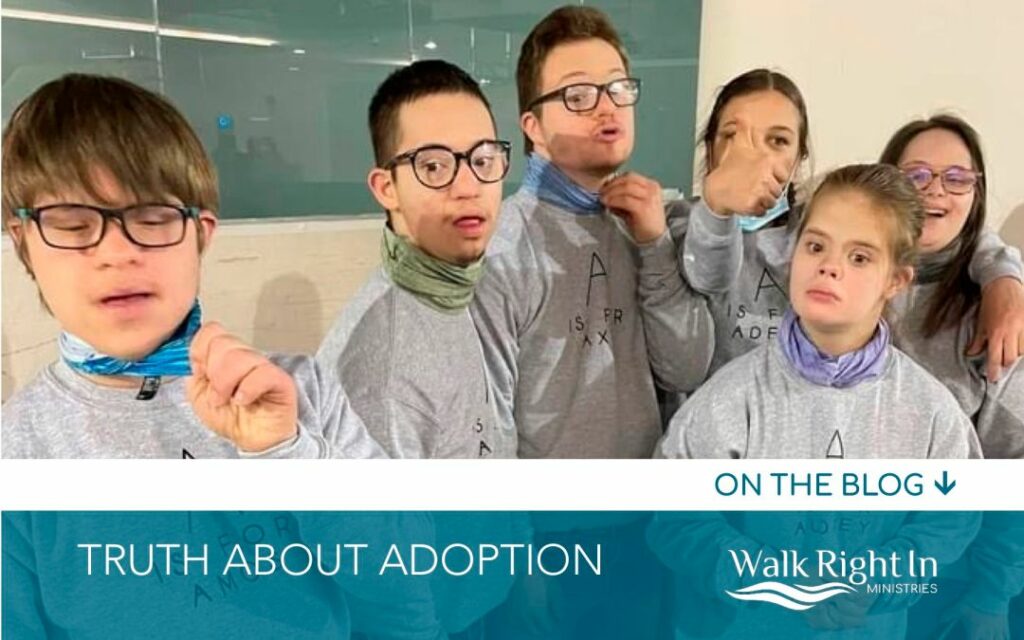
Thank you to Leah Lundgren Spring for sharing today’s contribution. May God use it to grow our understanding, compassion, respect, and vision! As the world churns with troubling questions, let us consider the range of options, collaborate to make more solutions possible, and celebrate those who come alongside others who are hurting.
“Speak up for those who cannot speak up for themselves; ensure justice for those being crushed.
Yes, speak up for the poor and helpless and see that they get justice.”
PROVERBS 31:8-9
I will never hide the truth of adoption.
Lots of future adoptive parents are watching me. And other adoptive families. They don’t understand what it means when you say, “we deal with lots of hard things.”
What is “hard”?
We are fortunate that, so far, this has been the easiest of our adoptions. But this is our sixth, and we are well prepared thanks to some of our other adoptions that were extremely traumatic for everyone, including our other kids, and myself, and my husband, Dean.
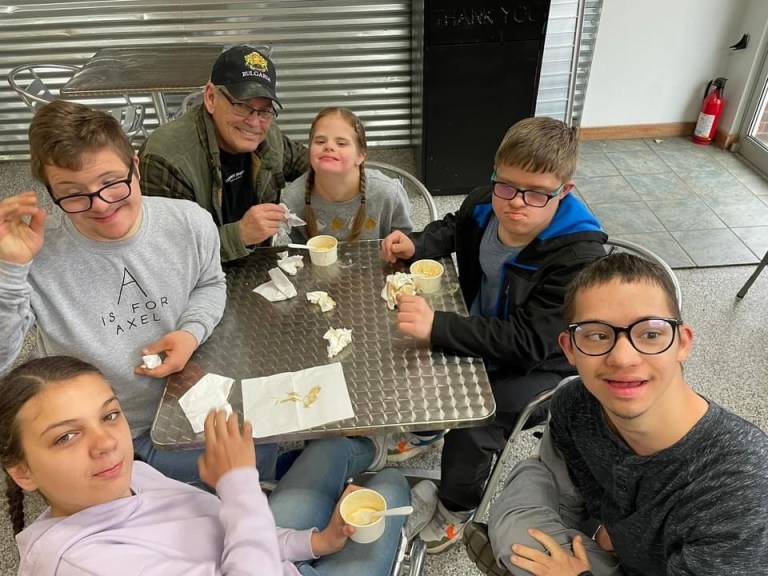
I will tell you, we deal with a teenager attitude with the cognitive ability an 8 year old and the social skills of 4 or 5 year old.
We deal with trauma triggers like suitcases due to far too many moves for one child, and too many caregivers. Riding in our big van is associated with being picked up at the airport.
This started in Bulgaria and continues here: When we drive down the road to anywhere she is constantly on the lookout for black SUVs, which she refers to as “jeep.” She studies the people inside. There is a slight sense of fear in her body language when one is close to us. Yesterday after picking up her glasses, there was a black SUV parked next to us, on her side of the car. She stopped in her tracks and stared at it, then cautiously walked to her door until she could see there was nobody inside. Did someone she know drive a vehicle like this and she’s afraid they’ll take her back? Did a person who once hurt or abandoned her drive one? We may never know.
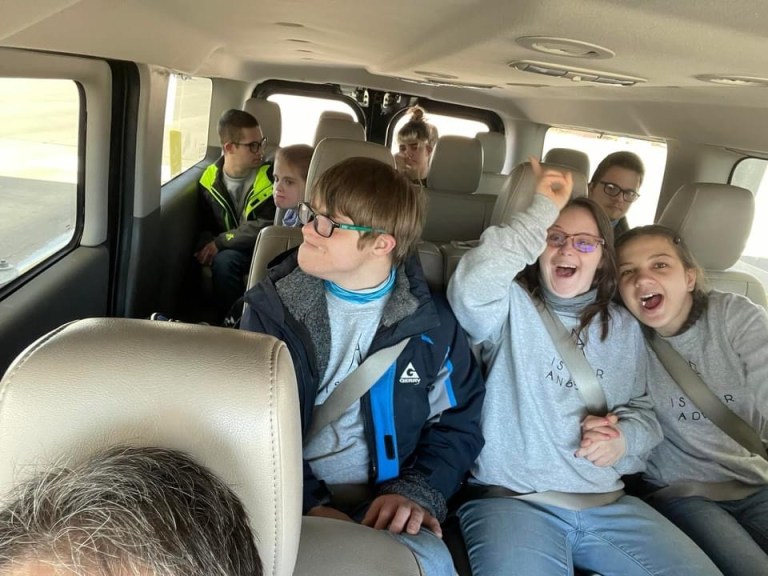
Hard is thinking that having a teenager who obsessively DEEP cleans the entire house, top to bottom, would be a blessing. Why does she know how to do this? Who taught her? Was she taught for good reasons such as channeling her high energy and obsessive compulsive disorder? Or was she forced to clean and she thinks she needs to earn her keep? And hard is finding all the things you’re missing because the cleaner put them in a “better” place.
Hard is a child who can be absolutely darling 85% of the time. Until other people come around. All kids test. Please don’t say “all kids do that.” I have lots of kids. I know what kids do. I also know when a kid with severely disordered attachment is trying to manipulate strangers or visitors and how uncomfortable it is to deal with it. And I feel the judgement of others who don’t understand how absolutely firm our “no” must be.
Hard is parenting a child who, for 14 years, has never been told “no.” Hard is knowing that walking into a store means dealing with employees who say things like, “Oh, it’s ok. She can take that.” After all, it’s just an advertisement flyer. Or business card. Or free sample. And you sound like a mean parent for saying “no” to the child — Every. Single. Time. No. Matter. What. Because one “yes” means starting all over.
Hard is having a daily “paper clean out” of all the paper items taken from stores when you weren’t looking.
Hard is wanting to buy your child all the things she has never had but she already feels entitled because she’s gotten new things and thinks every new thing that comes into the house must be for her and forget anyone else.
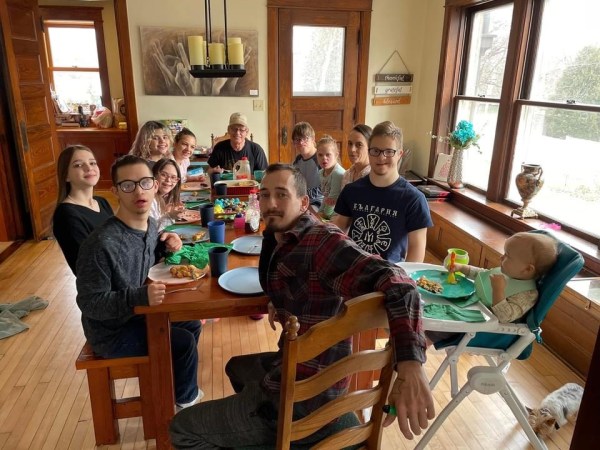
Hard is telling people please don’t bring her gifts.
Hard is watching the other kids struggle to adjust.
Hard is limiting independence already learned due to necessity, because it puts her in a position of power over other kids in the house. “Helping” isn’t always a good thing.
Hard is not allowing your child to even say “hello” to strangers in passing because she misunderstand it is safe to leave with them. Why not? She left with me, a total stranger.
Hard is standing in a check-out line while keeping your body between her and anyone else because she will start adjusting the clothing on total strangers.
Hard is having total strangers in public places ask questions for which they feel entitled to answers. I’m all about sharing our story, but it’s not always the appropriate time.
Hard is teaching English to a child with cognitive delays.
Like I said, this has been our easiest adoption. But that doesn’t mean we’re not exhausted.
It also does not mean we have regrets. We have ZERO regrets! Every day I ask “how can this be so easy? What’s ahead that we don’t yet know? Or is it easy because we already did the crazy high stress adoption?”
Hard is all the things we cannot share.
Hard is knowing her “hard” is a million times worse than ours.
Adoption is hard.
And so worth it.
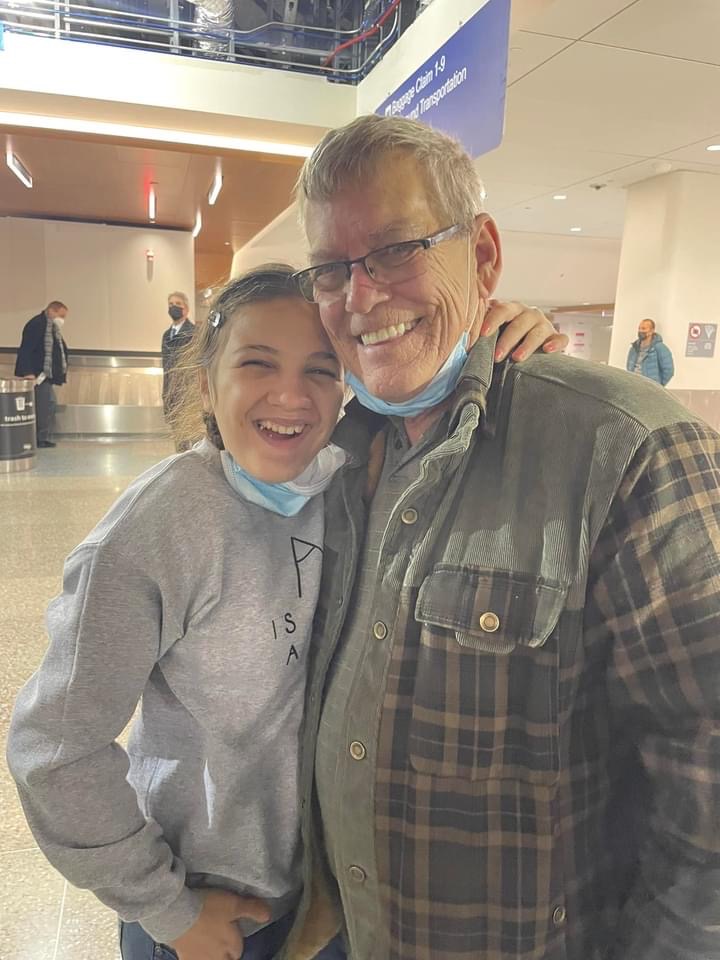
RELATED: Churches that Encourage Adoption Should be Trauma Informed and Disability Accommodating
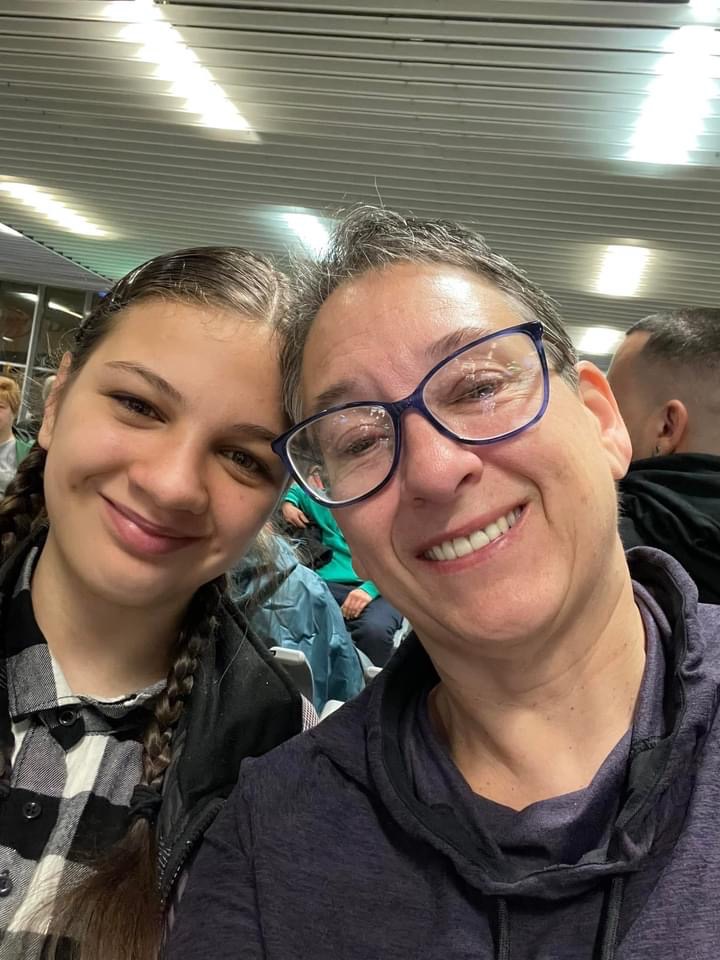
Leah Lundgren Spring is mom to lots of kids. In addition to her 6 adult children, Leah and her husband, Dean, have adopted several other children. All have Down syndrome. She has also lived through breast cancer with chemo, had 16 major surgeries (most related to cancer, including bilateral mastectomy and numerous breast reconstruction surgeries), scratched her head along with doctors when deciding how to keep one child alive, moved house, wiped noses, brushed teeth, trimmed toenails, cleaned g-tubes, and did more laundry than she cares to remember. The Spring family recently welcomed the newest American citizen to their family — Adell from Bulgaria — making theirs a family of 14!


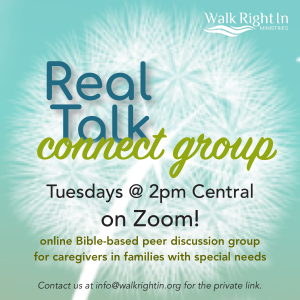
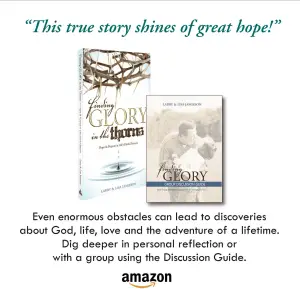
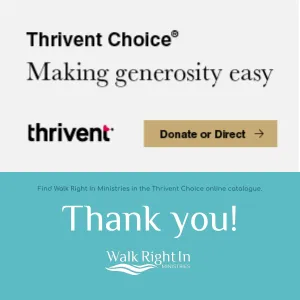
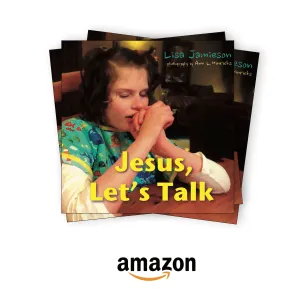

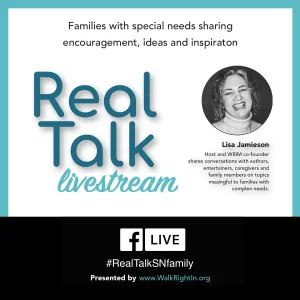
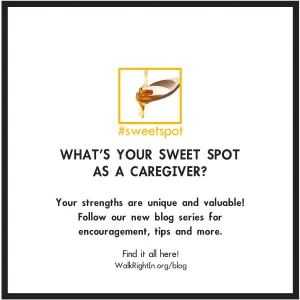

0 Comments